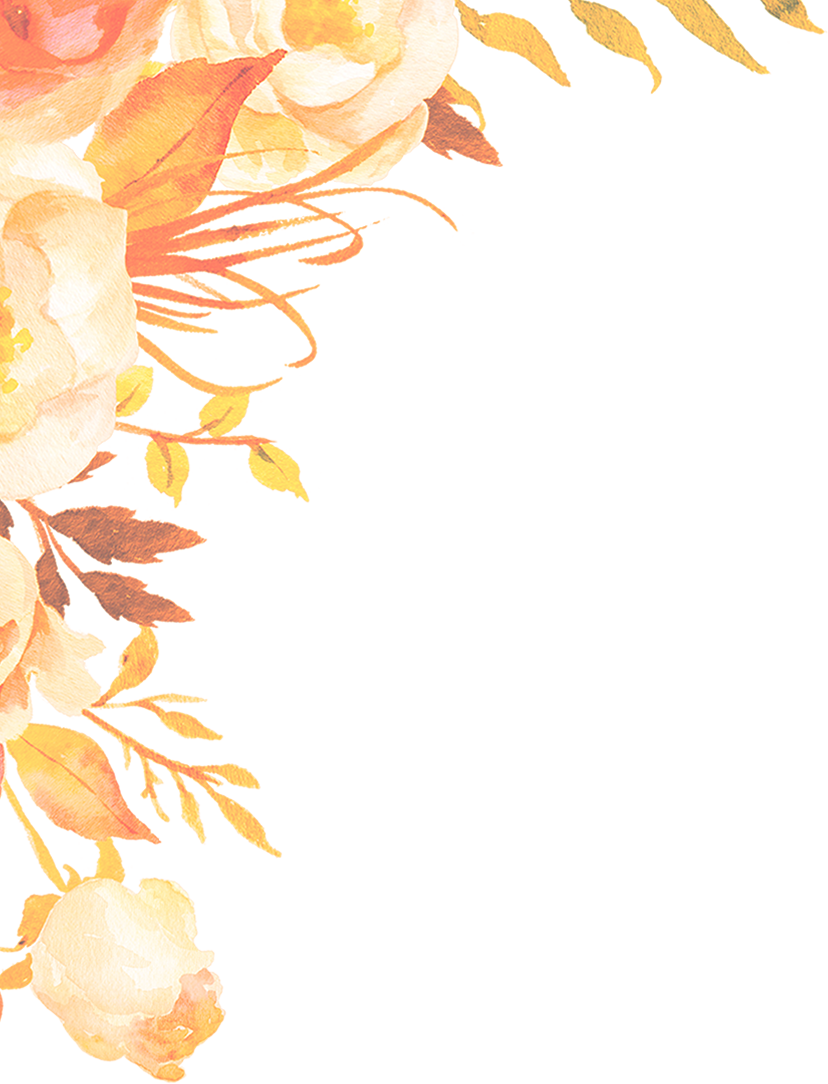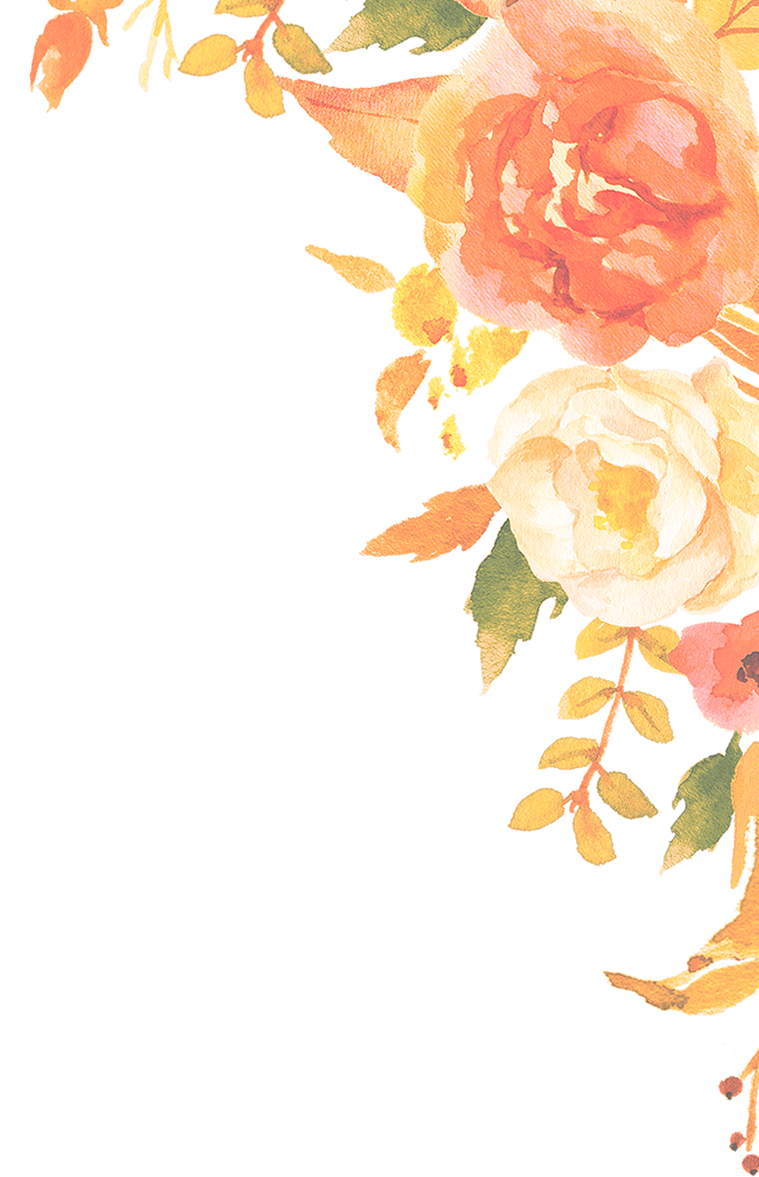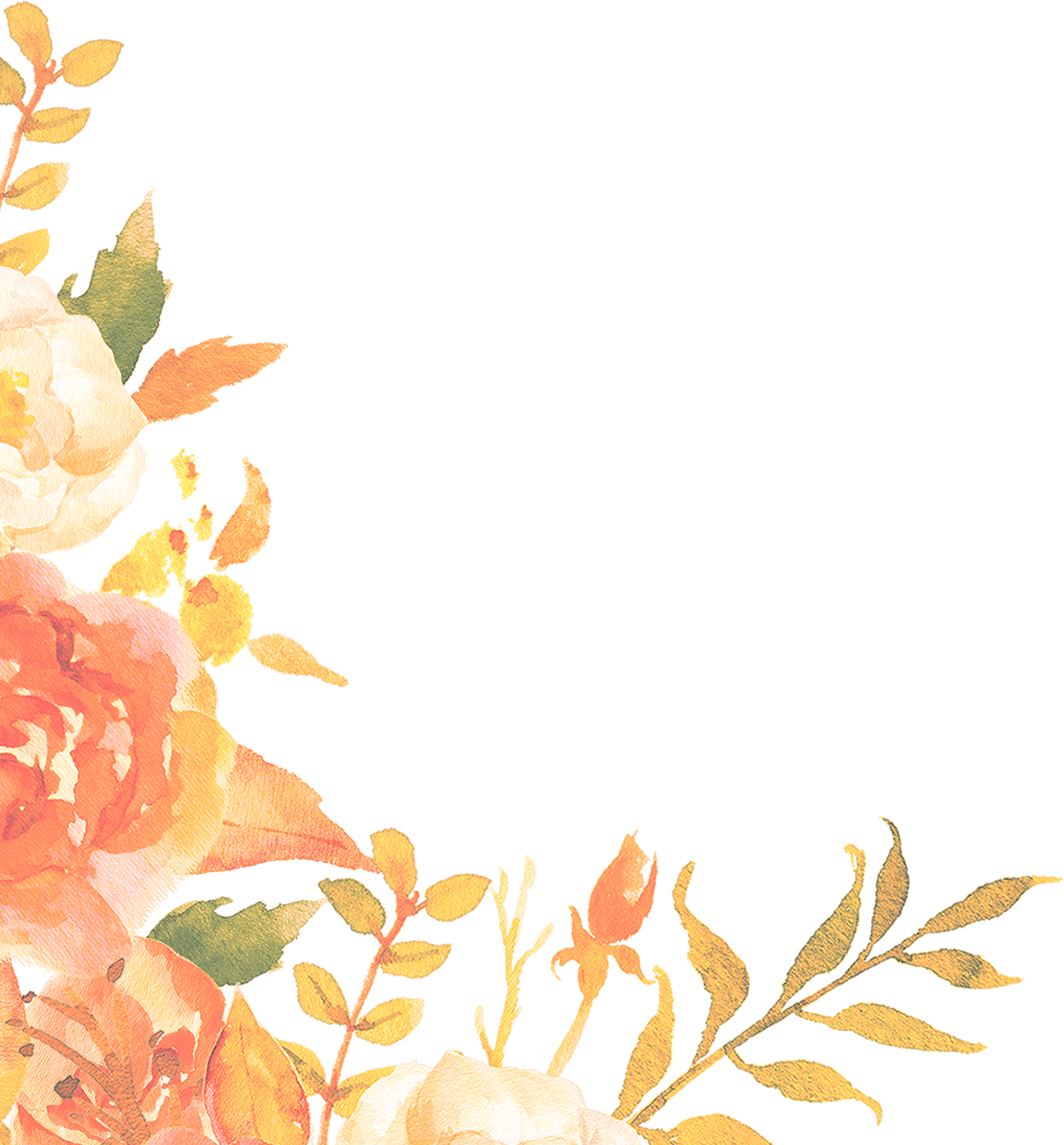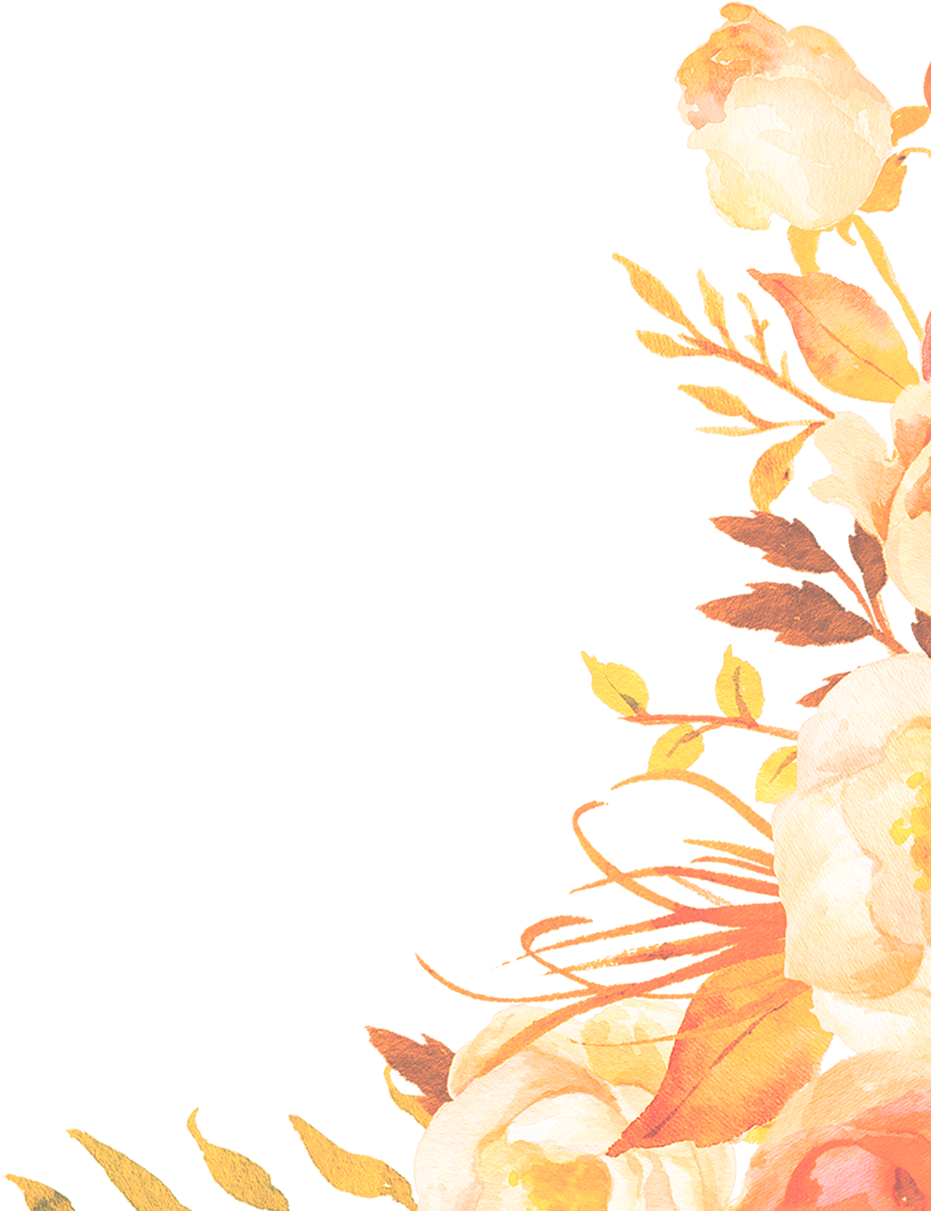



Excellent strategies for coping mechanisms to heal deal with anxiety and stress and be a better person. It really helped that Natalie had personally experienced different things, so you were not just ‘lectured’.
-PAST CLIENT
When was the last time you played?
As Baumer and Radsliff point out, playing is mostly viewed as something children do. However, there are indications that adults psychologically benefit from playing. One reason for this is that play can transcend the boundary between reality and fantasy. Some argue that this merging of fantasy with reality is what makes children’s play creative and formative, and that fantasy is a way of interpreting everyday reality to make it more manageable and richer. If we are immersed in play on a regular basis, the integration of fantasy and reality can spill over into our everyday life experiences.1 For example, artistic playing with clay, paint or wood can potentially help us think more creatively. Of course, there is a danger in this, too: digital gaming, for example, can be addictive and some games contain a great deal of violence, which nobody wants to see spill over into everyday life.
Nevertheless, Winnocott has argued that play takes place in a transitional space between our inner and outer realities, which enables creativity to emerge. His view is that play is a state of mind rather than an activity. Its creative and experimental characteristics mean that play can be therapeutic for human being of all ages.2
I have previously shared some of my unsettling childhood experiences, which left me with a neurosis for which I sought a psychotherapist’s help. For seven years I attended her psycho-drama workshops, in which I reverted back to my state of being a child in a frightening environment. How did I heal? Through playing. On my first therapy weekend I sat almost exclusively in a cardboard box which was my “boat”, pushing myself around the hall, eating, singing, yelling, and crying a great deal. In subsequent sessions I built cubby houses and obstacle courses, and was known to turn up the music really loud for wild and outlandish dancing. In my last session I presented a puppet show. Unfortunately, this outstanding psychotherapist no longer conducts such workshops. However, I learnt that one thing is key in healing and learning to be joyful: we need times when we can get out of our heads, and find our playful selves again.
The fact is that the playful self will hide if our circumstances are not condusive for them. According to van Leeuwen and Westwood, “relaxed circumstances are a necessary condition for play in both animals and children”, and stress leads to a decline in playfulness. Indeed, van Leeuwen and Westwood write, if children don’t play, psychologists view this as a sign of potentially serious disturbance in typical child development and behaviour.3 Of course, if adults don’t play we are just being good little grown-ups: we are being steady and responsible; applying ourselves to work, progress and achievement. As Van Leeuwen and Westwood point out, play can have quite a negative reputation in societies and cultures, is often considered frivolous, a sign of idleness, and a distraction from the good old work ethic. The exception is in sports, which is valued for its health benefits.4
According to Stumbo and Peterson, the ability to engage in leisure activities is part of a satisfying lifestyle. A leisure lifestyle involves overcoming personal inhibitions to pursue activities which we demand of ourselves by free choice. It means valuing the importance of leisure in our lives, and having the necessary social skills to pursue activities with others. Further, it requires the ability to choose among activities, access different options and opportunities, and have an increased sense of the freedom, responsibility and independence involved in pursuing leisure.5 For some, creating time for leisure is a real challenge. There are those whose agenda is evidently controlled by the new baby, heavy responsibilities at work, or the sickness of a parent. Yet of those who claim to have no time for leisure there will be quite a few who do not know how to play, don’t have any idea where to start, and ditch the idea into the too hard basket.
Aune and Wong point out that play is a fascinating, transcending activity that involves exploration, expansion, spontaneity and enactment of new behaviours, roles, feelings and thoughts. Its key characteristic is its light-heartedness; it is non-serious.6 There are many ways to pursue play: join a group of board game, chess, bridge, or other card players; play soccer, tennis, badminton, golf, or social cricket; go dancing, paddle boarding, snorkelling, or fishing ; join a choir or a theatre group, pursue painting, drawing, sculpture, poetry, writing, quilting or knitting; become an adventurer and go climbing, hiking, bird watching, canoeing, or BMX riding. If you have trouble thinking of activities that suit you, think back to what you enjoyed as a child.
Life is serious and demanding. We need times for getting out of our heads and having moments in which responsibilities can take a back seat. Most of us have to recover the ability to play; it is the simplest yet one of the most difficult goals we can set ourselves to enjoy life more. To succeed we need to pursue it with fervour and a sense of freedom.
Mihaly Csikszentmihalyi writes that in order to overcome the depressions and anxieties of contemporary adult life, we must become increasingly independent of the rewards and punishments imposed to us by our social environment. We need to become more autonomous, and resist the social systems that try to enslave our energies for their own purposes. Instead we need to develop the ability to find rewards in goals that are under our control.7 He argues that
The most important step in emancipating oneself from social controls is the ability to find rewards in the events of each moment. If a person learns to enjoy and find meaning in the ongoing stream of experience, in the process of living itself, the burden of social controls automatically falls from one’s shoulders. … Instead of forever straining for the tantalising prize dangled just out of reach, one begins to harvest the genuine rewards for living.8
This week try to play. If you do not know how, go to the bush and collect some stones, nuts, sticks or whatever appeals to you, and build them into something with glue or blue tack. Or go down the beach or a river and build a sandcastle. Or have a foam bath and decorate yourself as a Viking, princess, Santa or someone with a bum like Mrs Kardashian. Just remember: seriousness is not allowed.
© Natalie Lydia Barker 2015
Notes
No Comments